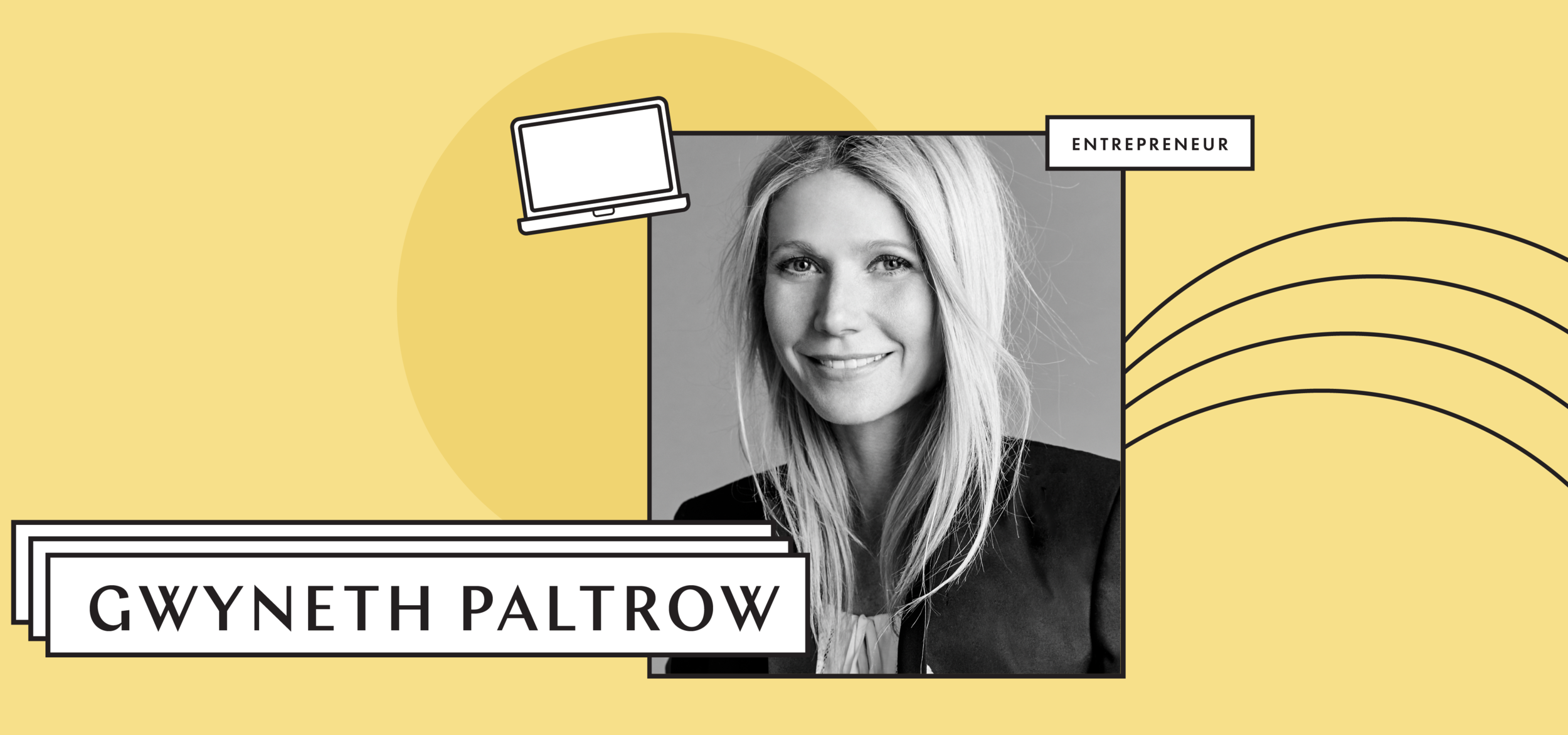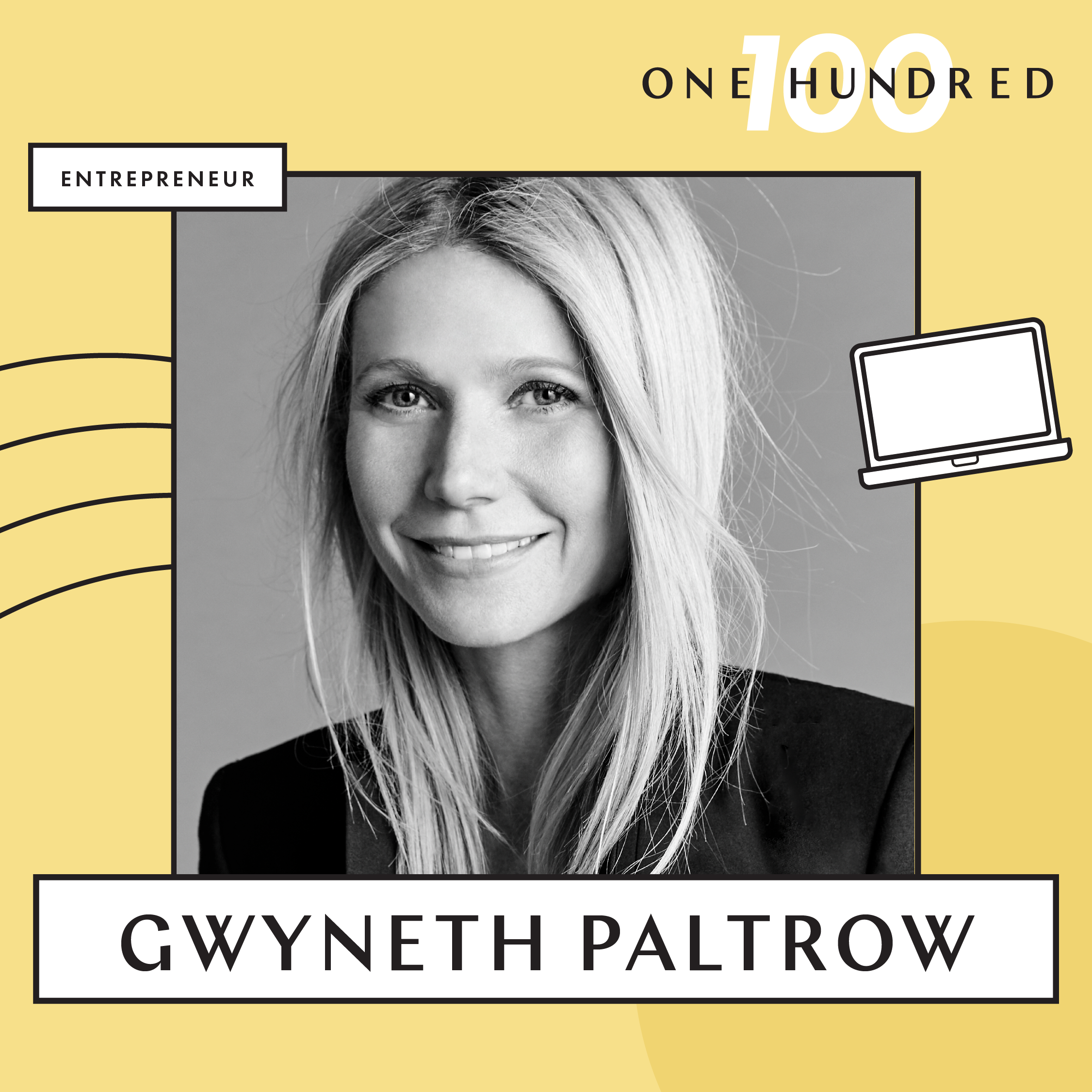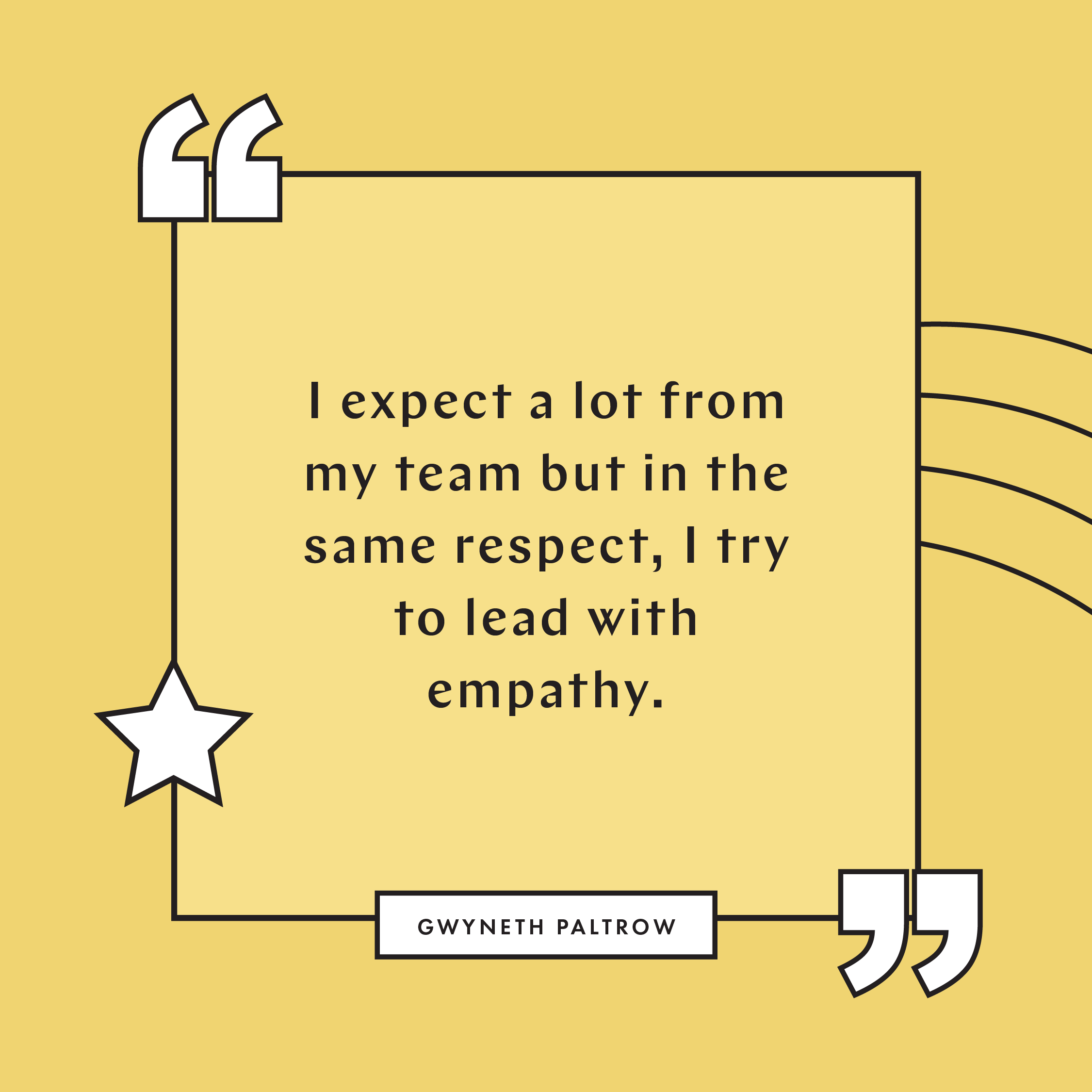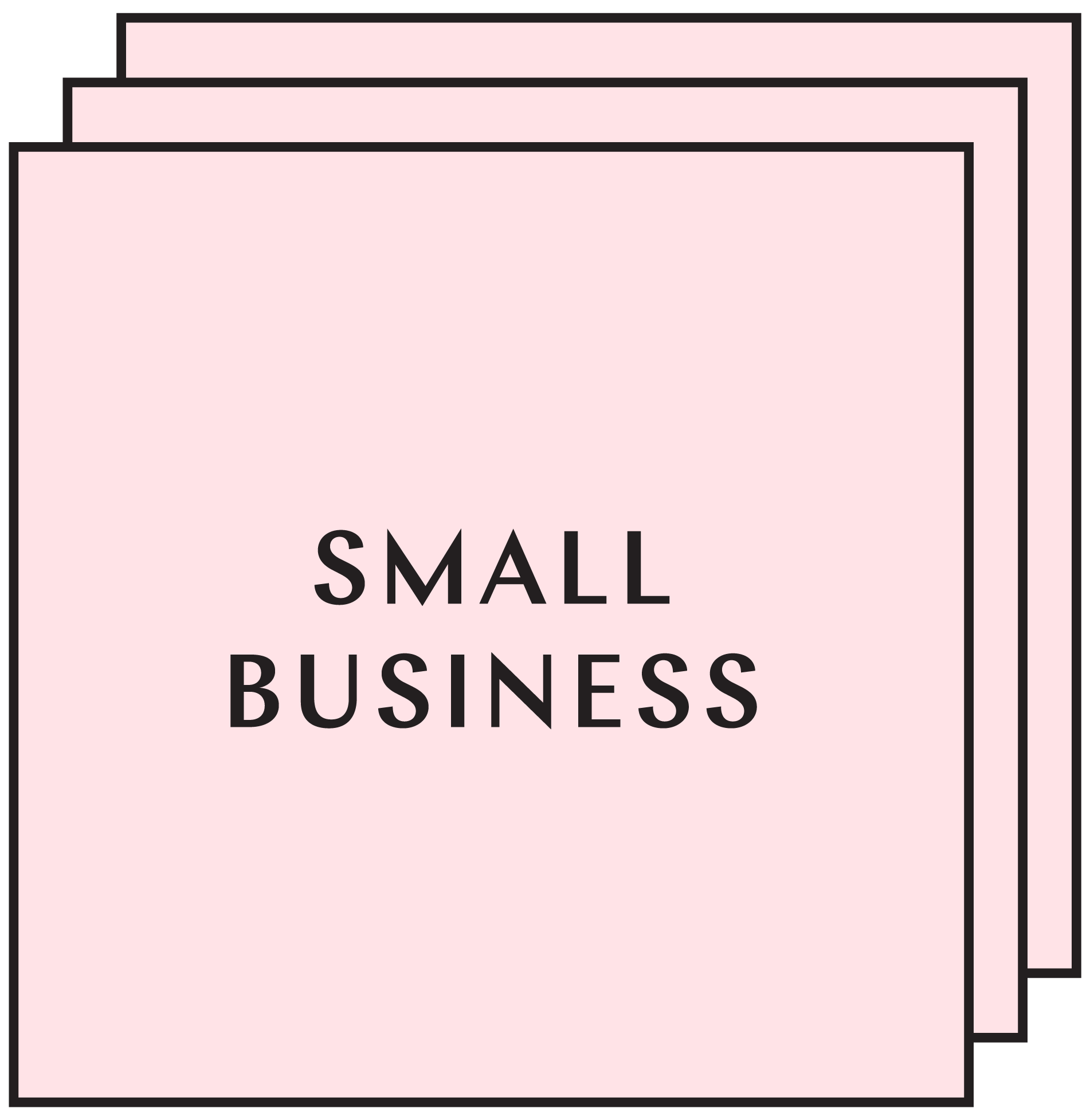We talk a lot about career leaps at Create & Cultivate and if there’s one person who has perfected the art of the pivot, it’s Gwyneth Paltrow. From Pepper Pots in the Iron Man franchise to the icy beautiful Estella in Great Expectations (and who else was glued to Paltrow’s Georgina Hobart in The Netflix’s hit show The Politician last year?), the esteemed actor has enjoyed a very successful career with numerous industry accolades (including an Academy Award) for her work but perhaps her biggest achievement is becoming an entrepreneur.
In 2008, Paltrow embarked on her second life by launching a humble newsletter from her kitchen called goop—yeah, you might have heard of it! Since then, she has successfully transformed that email into the multifaceted content, e-commerce, and experiential lifestyle platform it is today—and we hear it’s worth a cool $250 million. Now, that’s a boss we want to emulate.
Keep reading to hear from Paltrow on why she believes goop has struck such a chord with readers, the lessons she’s learned as CEO, and the three traits you need to be a successful entrepreneur.
CREATE & CULTIVATE: You launched goop in 2008 out of your kitchen as a weekly newsletter and now it's a go-to destination for millions of people around the world for information for health/wellness but also as trusted e-commerce for clean products from home to beauty. What do you attribute to that success? Why do you think it has resonated so much with audiences? How do you feel about the growth and its success? What are your hopes for the brand?
GWYNETH PALTROW: A lot of the success is rooted in the authenticity of what we were trying to create. I was passionate about wellness and food and great product, but I didn’t think I had the authority to run a business. We were content only for a very long time, and out of that content came a need, determined by our readers, to curate incredible products to go along with our stories. We started very slowly, with one-off collaborations with brands we loved, which always sold out right away.
Once we'd built a strong multi-brand assortment, we realized that we had the authority and the white space to create our own efficacious, well-made products. But it was all very organic, and it took a long time. We started the business in 2008 and we didn't fully realize the business model until much later, starting in 2015 when we took venture money.
While we're firmly rooted in contextual commerce, the model is still evolving. We didn’t know that experiential would be such a huge driver of the business. Over 57% of our brand partnership deals have an experiential element. From a consumer standpoint, we're becoming almost as well known for our experiential activations, such as our In goop Health summits, live podcasts and retail stores, as our core businesses.
“I’m a perfectionist, and I can be very demanding of myself, which is something I’m trying to work on personally.”
You began your career as an actor and made the pivot to become the CEO of goop—How would you describe your leadership style? What kind of boss are you? What have you learned about yourself and about being a leader through this process?
I'm a perfectionist, and I can be very demanding of myself, which is something I'm trying to work on personally. I expect a lot from my team but in the same respect, I try to lead with empathy. I want my team to feel that they have autonomy and to cultivate an environment where people can take risks, be collaborative and not feel paralyzed by the fear of failure.
As we scale, we're less like the little family we were for the first iteration of the company, but it's crucial to me that we sustain our values. It's not a top-down thing; everyone in the company needs to feel responsible for the culture we create.
In your opinion, what are the top three traits of a successful entrepreneur?
Self-belief, the willingness to be vulnerable and ask questions and to hire people who are smarter than you are.
What is the best advice you’ve received?
Never give up.
What is the #1 book you always recommend?
Dream Work by Mary Oliver.
VIEW THE FULL CREATE & CULTIVATE 100 ENTREPRENEUR LIST HERE.














